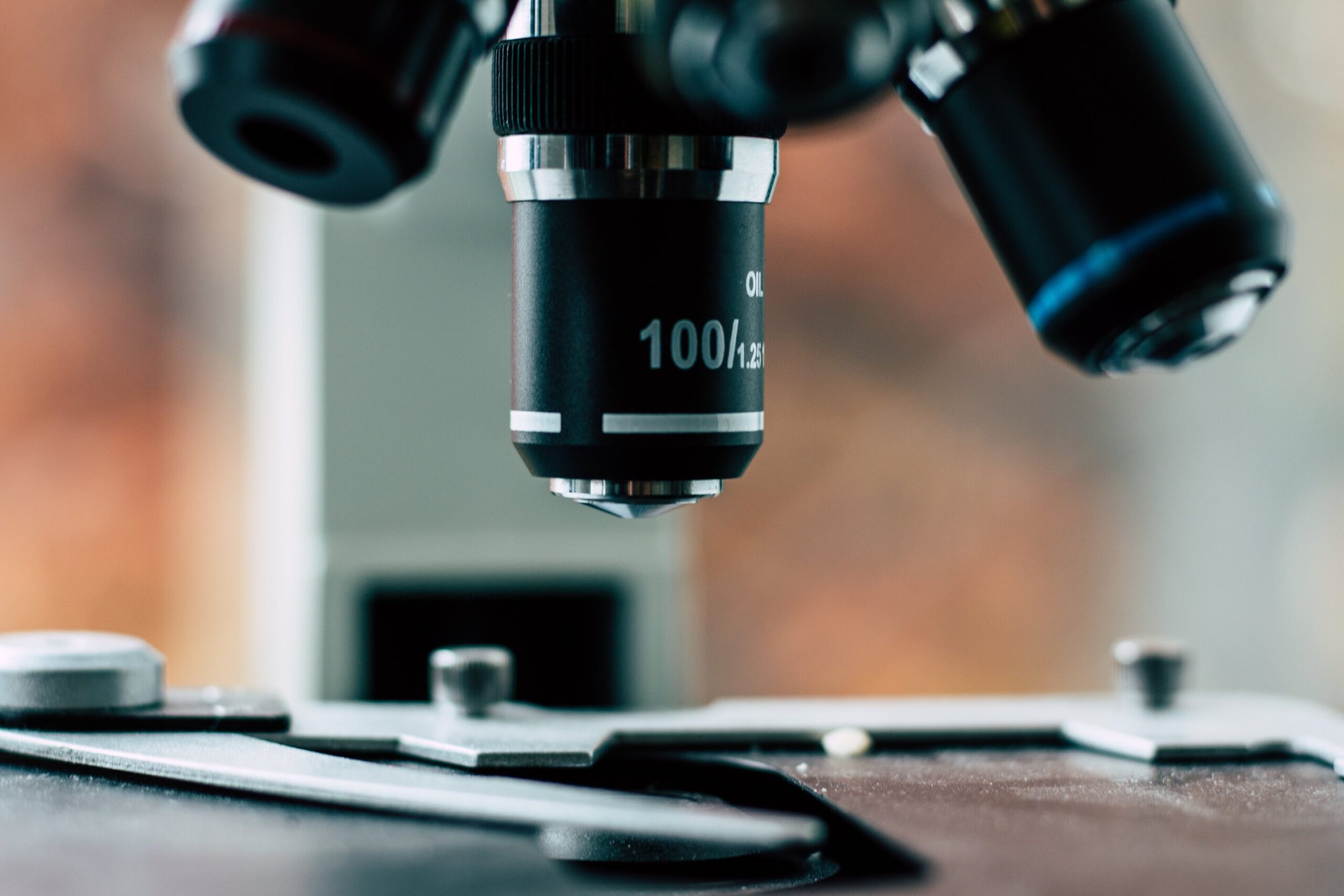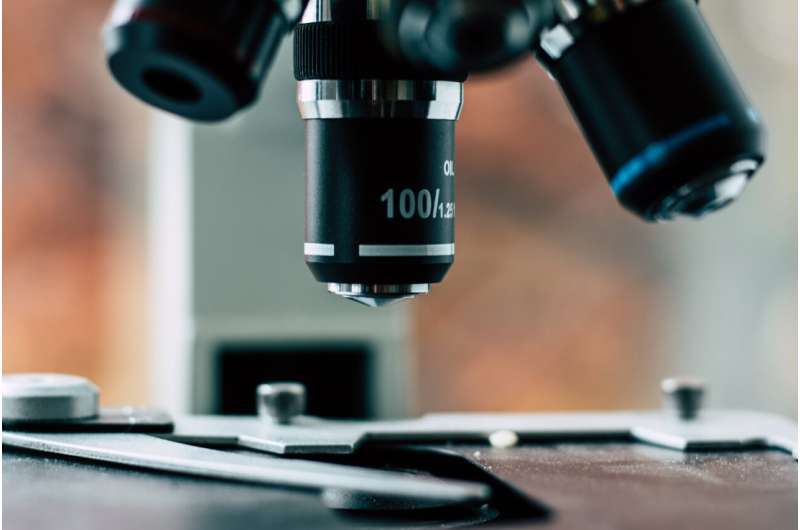

A historic brine bath is the site of a potential breakthrough in the prevention of antibiotic resistance in relation to MRSA, and other hospital pathogens.
The brine in the English market town of Droitwich Spa in Worcestershire is known for its high salt content. Researchers discovered unique microbial life residing in the town’s brine and realized it presented an ideal environment for studying salt-adapted microbes with potential medical applications.
The project, a collaboration between Dr. John Munnoch at the University of Strathclyde and Dr. Michael Macey of the Open University, has since yielded significant findings, including DNA sequencing data revealing the microbial life in the brine and isolated organisms capable of inhibiting MRSA and other pathogens.
New antibiotics
Antibiotic resistance, a global health crisis on par with climate change, poses severe threats to medical treatments. As common infections become harder to treat due to resistant bacteria, the discovery of new antibiotics has become crucial.
Dr. Munnoch, a specialist in microbial genomics and antibiotic discovery who has studied samples from polar ice cores to symbiotic microbes from the surfaces of leafcutter ants, said, “A common problem in discovering new and novel antibiotics is the rediscovery of the known molecules.
“Looking for interesting microbes in extreme environments is a key strategy in the antibiotic discovery process. When Michael brought the Droitwich Spa’s salt brines to my attention, I jumped at the chance to look for interesting microbes and their antibiotics.”
Dr. Macey, a specialist in extremophiles—organisms that thrive in extreme environments—more usually carries out international fieldwork in the likes of Iceland, Argentina, India, and Canada, but he identified the middle England town as a unique site of scientific interest, warranting closer examination.
Untapped potential
Dr. Macey said, “The discovery of microbes capable of inhibiting MRSA growth is an exciting step forward. It highlights the untapped potential of Droitwich Spa’s salt brines in the fight against antibiotic resistance.”
The research was part of the OU Open Societal Challenge scheme, created “to enable the widest collaboration of people to come together to address some of society’s greatest issues.”
It came about thanks to the support of Councilor Bob Brookes from Droitwich Spa Town Council, a long-time advocate for Droitwich’s brine heritage, who was instrumental in reviving salt production in the town after a century-long hiatus.
He gave access to the team in October last year to collect brine samples, with support from Churchfields, the Droitwich salt manufacturer.
In March 2024, Dr. Mara Leite, Project Officer at the OU, isolated three strains of salt-adapted microbes from the brine.
Good microbes
Remarkably, these strains were able to inhibit the growth of various hospital-associated pathogens, including MRSA. Laboratory tests show MRSA being killed off by these “good” microbes, highlighting their potential to produce new antibiotics.
Dr. Leite said, “The results suggest that exploring the microbial diversity of extreme environments is indeed a promising approach to discovering antimicrobial compounds. The harsh conditions of these environments can drive the evolution of unique antibiotics that have yet to be identified.”
The research team is now focused on identifying the specific genes and chemicals responsible for this antibacterial activity. While much work remains, these early results suggest that Droitwich Spa’s brine could play a key role in developing powerful new antibiotics to combat resistant infections.
Provided by
University of Strathclyde, Glasgow
Citation:
Potential breakthrough in battle against antibiotic resistance from historic brine (2024, September 23)
retrieved 23 September 2024
from https://phys.org/news/2024-09-potential-breakthrough-antibiotic-resistance-historic.html
This document is subject to copyright. Apart from any fair dealing for the purpose of private study or research, no
part may be reproduced without the written permission. The content is provided for information purposes only.